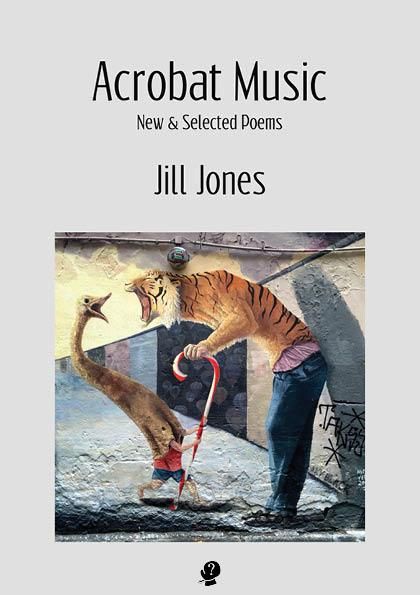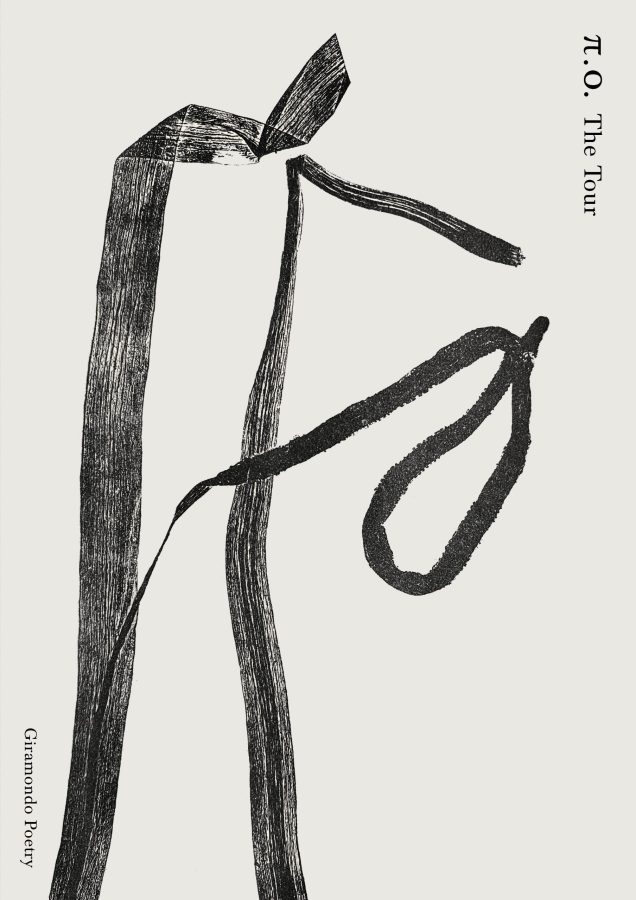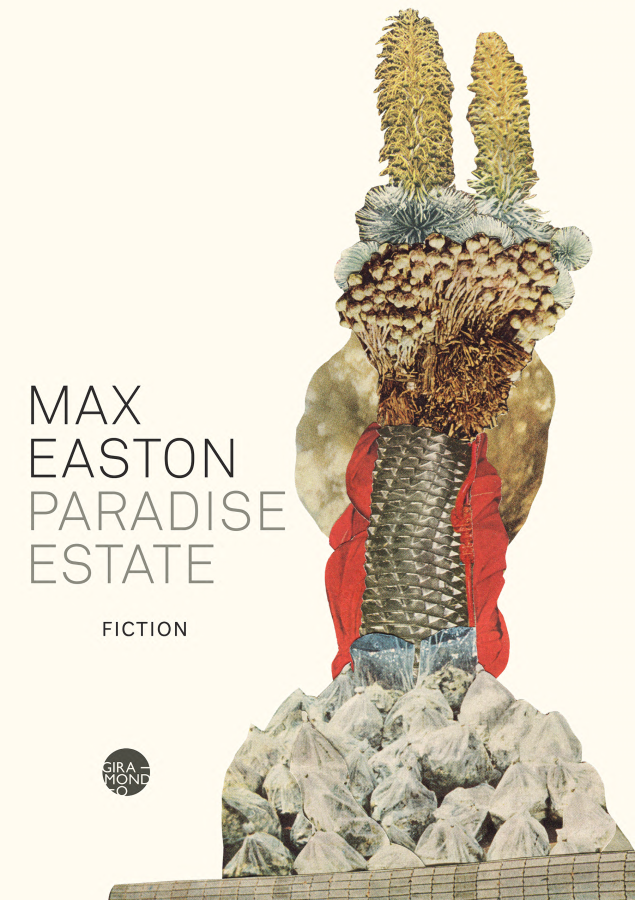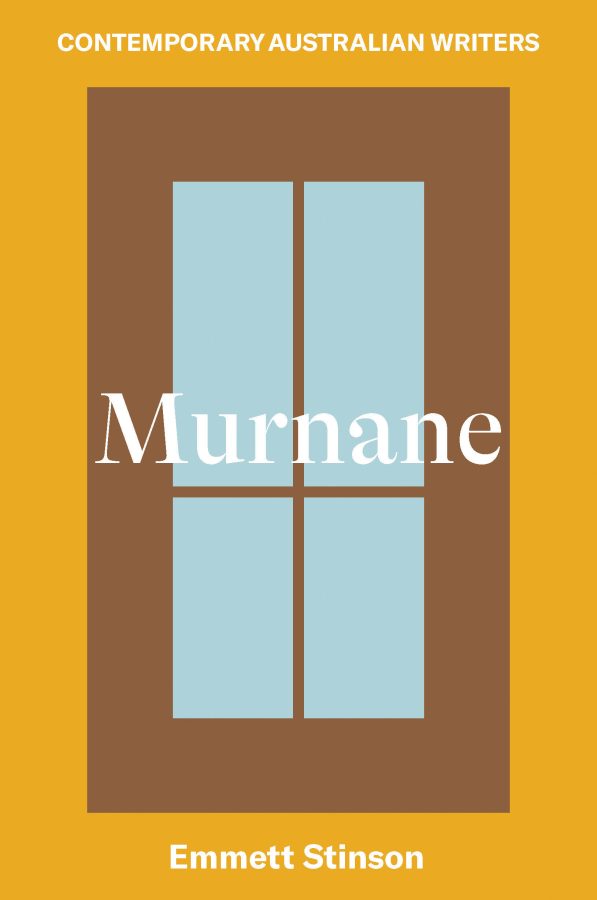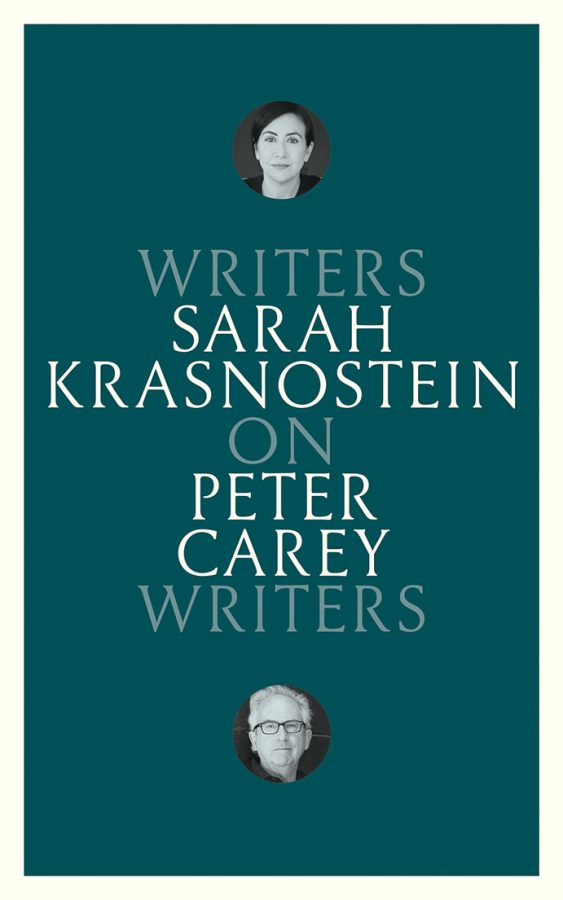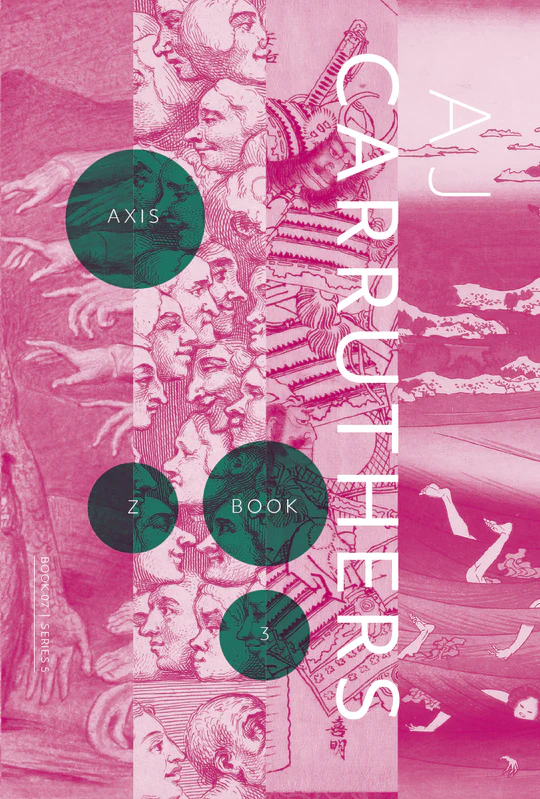
This week readers, students, colleagues and friends are mourning the death of Martin Harrison, who was widely regarded as one of the country’s finest poets, essayists and teachers. Harrison died of a heart attack on Saturday 6 September. He was 65 years old.
Harrison had a prolific career spanning several decades. He published numerous collections of poetry – beginning with Leisure (1978) and ending with the award-winning Wild Bees (2008). Those familiar with his work will know that his poems are intense, symbolically rich and swollen with sensuous imagery; he read them in a mellifluous voice. (To hear Harrison reading, see The Red Room Company’s audio and video recordings.) He was also a major figure in literary criticism and commentary. He wrote essays and reviews, including the critically acclaimed essay collection Who Wants to Create Australia?, which was selected as one of the Times Literary Supplement’s 2004 ‘International Books of the Year’. He was also, at various points, an ABC radio producer, broadcaster and sound artist, and a contributor and guest on radio programs.
I only knew of Harrison through his work and the stories that friends who knew him shared, particularly those who were under his tutelage at the University of Technology, Sydney, where he taught as a senior lecturer, specialising in writing and technology, poetry, sound art and sound sculpture. But the affection with which those students described him always seemed profound and rare. In a special tribute to Harrison, written for Sydney Review of Books, UTS doctoral student, colleague, friend and writer Jason Childs said Harrison bore ‘extraordinary character and company’. Childs writes:
I first met Martin when I took his poetry workshop as an undergraduate at UTS. That class involved, for me as for many others who took it, a kind of quantum leap in consciousness, a re-learning to look at the world. He then supervised my Honours project and, for the past three years, my doctoral research. During that time, he helped me see life as something to be thought about with great care, but also encouraged me to see thinking as something one could take pleasure in, even joy. I know that many young writers credit him with giving them a similar feeling of possibility.
Martin had a unique sense of what it meant, and why it was valuable, to pay attention. This is evident throughout the complex body of writing he published in the course of his career. His poems and essays are the product of a keen intelligence attempting, with great subtlety and generosity, to make sense of, and inhabit, the contemporary world. Turning through the pages of Wild Bees, alongside the pull of grief, I feel a massive sense of gratitude – for the time Martin gave to me, and for the traces he left behind.
There are more of those traces to come. Harrison was working on several book projects when he died, including a book of essays and a work in French translation. He was also due to start editing a new poetry collection called Happiness, which will be published by UWA Press in 2015. This week Kent MacCarter has published three of Harrison’s poems in Cordite Poetry Review. Two were recently published while the third is new. Harrison gave the poems to MacCarter for a collection the latter is editing for Lichtungen, an Austria-based publication. That book will also be out in 2015.
The NSW Writers’ Centre Sydney is holding a memorial gathering for Martin Harrison on Sunday 14 September at Rozelle from 1-4pm. All are welcome and invited to BYO drinks and a plate of food to share in celebration of Harrison and his contributions to Australian literary culture and life.
*
The Man Booker Prize shortlist is now out, giving Richard Flanagan another tilt at a major award after lucking out with the Miles Franklin earlier this year. Flanagan’s The Narrow Road to the Deep North is one of six shortlisted works for the 2014 Prize for Fiction. He joins British writers Ali Smith, Howard Jacobson and Neel Mukherjee, and American writers Joshua Ferris and Karen Joy Fowler. This is the first year Americans have featured in the award after the prize was opened up to any writer working in English. (Previously only writers from the UK and Commonwealth, Ireland and Zimbabwe were eligible.) Two of the authors have been listed before. Howard Jacobson won the Booker in 2010 with The Finkler Question, while Ali Smith was shortlisted in 2005 for The Accidental and in 2001 for Hotel World. As always, punters can follow the odds at Ladbrokes. At the time of publication Flanagan was sitting in the middle with Neel Mukherjee in the lead. (For those interested in the critical response to Flanagan, see Susan Lever’s review.) The winner of the £50 000 award will be announced on 14 October.
In other news from the northern hemisphere, The Poetry Society, which was founded by none other than T. S. Eliot, has announced its once-in-a-decade list of Next Generation Poets. The list recognises the twenty most promising new poets from the UK and Ireland. Previous lists have included the then-fledging writers Carol Ann Duffy, Simon Armitage, Alice Oswald and Don Paterson. More than half of the listed writers are women. Judge and poet Clare Pollard told the Guardian that she was looking for poets ‘who were doing something new: tackling fresh subject matter, taking both emotional and literary risks’. She went on to observe that ‘female poets seem to be particularly fearless at the moment, with names such as Emily Berry and Melissa Lee-Houghton shaking up and reinvigorating the poetry scene’. The Guardian has published the list in full.
*
This week Sydney Review of Books looks at works by two Australian writers, reviewed by two of our regular contributors. In ‘A Living Landscape’ Kerryn Goldsworthy considers Saskia Beudel’s A Country in Mind, a non-fiction work that ‘defies the conservative view, the taxonomical thundering, and all attempts at generic border protection’. A hybridised blend of scholarship and memoir, A Country in Mind is a work of knowledge assemblages – the stories of the self and those that come to be inscribed upon people and landscapes. Here, the setting is the Indigenous and white histories of central Australia ‘and the various effects over time, of bodies in a landscape: the effects of walking through it, caring for it, exploiting it, changing it, farming in it, living and dying in it.’ By moving experientially through the landscape and the narrative act, Beudel – writes Goldsworthy – ‘uses a technique that approaches – and seems to be trying, humbly, to learn from – Aboriginal ways of seeing country, of the dynamic interrelatedness of people, animals, plants and the land itself, to write her own story.’
Our second essay, ‘Antarctica Starts Here’ by Lucy Sussex, examines Favel Parrett’s new book When the Night Comes. Like Parrett’s debut Past the Shallows, which was shortlisted for the Miles Franklin and won the Dobbie Award, When the Night Comes takes its geographic cues from Tasmania, but this latest work also turns its attentions to that other mythical and ‘largely uninscribed’ land, Antarctica – a landscape that, Sussex says, has proved to be ‘a curiously evasive subject for fiction’. In Parrett’s latest novel, Sussex finds beauty in the language and possibility in the literary heritages, as they relate to place, but the overall reading experience wanting and unnecessarily clipped. ‘It is what Past the Shallows was not,’ she writes, ‘slightly tentative rather than assured. Or else it is framed too much in snapshots, vignettes, with the connecting matter missing.’
From the Archives turns the focus to Australian poetry, beginning with Paul Hetherington’s review of Unbelievers, or ‘The Moor’ by John Mateer, whom Hetherington describes as a poet possessing ‘a peripatetic sense of self who is fascinated by cross-cultural historical currents and transformations’. Our second review essay is by Lisa Gorton. In ‘Precarious Images’, Gorton considers Robert Gray’s Cumulus: Collected Poems, reflecting on the poems the collection both includes and omits.
Our images this week are by Haasts Bluff artist Joseph Tjangala Zimran and come courtesy of Ikuntji Artists and Tali Gallery. A brief account of the paintings provided by the Tali Gallery notes that the paintings tell ‘the story of a father who punished his two sons for killing and eating his favourite kangaroo when he was planning to sing her up into a woman and marry her – so he’s telling the story in whatever colour comes to mind versus trying to depict a bushfire.’
Read the correspondence for 12 September 2014: Martin Harrison.
Joseph Tjangala Zimran, Bushfire (Orange), 100x180cm, acrylic on linen, image courtesy of Ikuntji Artists and Tali Gallery.

